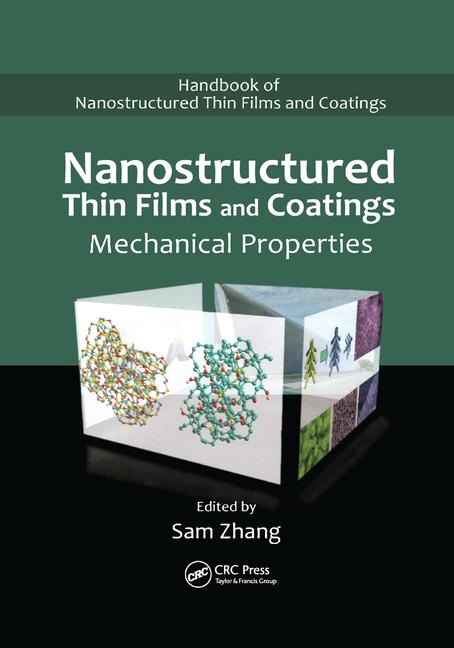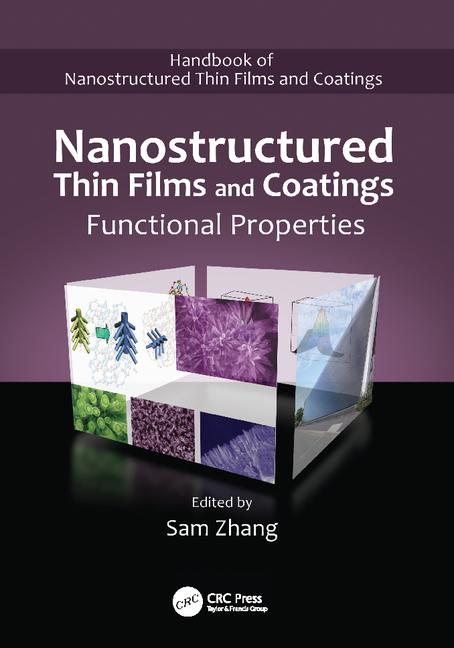TEHRAN, Iran – Researchers from the University of Tehran are working on biocompatible anticorrosive coatings with nanometric thickness to increase corrosion resistance in metallic structures in various fields, including the petroleum, gas, petrochemical, automobile fabrication and marine industries.
Anticorrosive chromate coatings are highly toxic and, as such, have promoted researchers to look for biocompatible replacements to these coatings. One such proposal is the use of silane-based coatings that are placed on a metallic substrate as lining. The aim of this research was to improve the protective performance of silane coating as a lining coating.
The produced coating provides desirable resistance against corrosion and increases cohesion for the next coating (such as paint). It can be used in various industries for the production of structures and increasing their lifespan. Examples include coatings in the automotive fabrication industries, piers, and petroleum and gas industries that deal with oil and gas pipelines.
According to Najmeh Assadi, a researcher on the project, the coating has the potential to be commercialized because it has been carried out through the simple sol-gel method and is a biocompatible coating.
Despite its very thin thickness at about 250 nm, the coating is able to act as a physical block against aggressive agents and their movement to the metallic substrate. On the other hand, the properties have been improved due to the addition of clay sheet-like nanoparticles to the coating.
Results of the research have been published in the Journal of Sol-Gel Science and Technology, vol. 70, issue 3, 2014, pp. 329-338.








